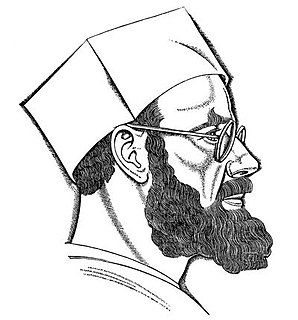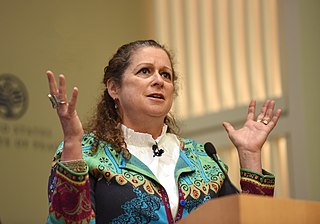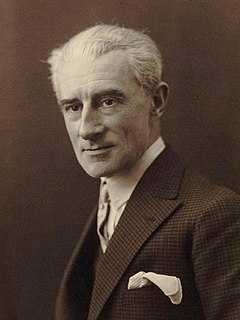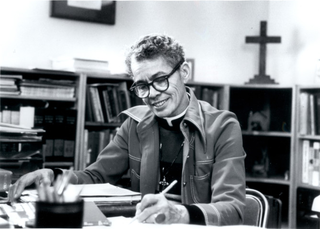A Quote by Henry David Thoreau
I know of no more encouraging fact than the unquestionable ability of man to elevate his life by conscious endeavor.
Related Quotes
Thoreau said: "I know of no more encouraging fact than the unquestioned ability of a man to elevate his life by conscious endeavor." That is not only an encouraging statement, it is also an empowering one. It means you can accomplish a lot by applying your brainpower and then moving forward with it.
The millions are awake enough for physical labor; but only one in a million is awake enough for effective intellectual exertion, only one in a hundred million to a poetic or divine life. To be awake is to be alive. I have never yet met a man who was quite awake. How could I have looked him in the face? We must learn to reawaken and keep ourselves awake, not by mechanical aids, but by an infinite expectation of the dawn, which does not forsake us in our soundest sleep. I know of no more encouraging fact than the unquestionable ability of man to elevate his life by conscious endeavor.
I believe that the unity of man as opposed to other living things derives from the fact that man is the conscious life of himself. Man is conscious of himself, of his future, which is
death, of his smallness, of his impotence; he is aware of others as others; man is in nature, subject to its laws even if he transcends it with his thought.
Here's a strange fact: murder a man, and you feel responsible for his life - ''possessive'', even. You know more about him than his father and mother; they knew his fetus, but you know his corpse. Only you can complete the story of his life, only you know why his body has to be pushed into the fire before its time, and why his toes curl up and fight for another hour on earth.
Only when there is a wilderness can man harmonize his inner being with the wavelengths of the earth. When the earth, its products, its creatures, become his concern, man is caught up in a cause greater than his own life and more meaningful. Only when man loses himself in an endeavor of that magnitude does he walk and live with humanity and reverence.
There is something that is much more scarce, something finer far, something rarer than ability. It is the ability to recognize ability. The sternest comment that can be made against employers as a class lies in the fact that men of Ability usually succeed in showing their worth in spite of their employer, and not with his assistance and encouragement.
There are very few people who have committed more to the pro-life discourse than Rob has. He's spent time in jail. He has really lived it. He has committed everything he's had to it. If in fact he believes that every human life was sacred, I knew that if he had his conscious awakened, I knew he wouldn't be able to close his eyes to it.
Speed is the form of ecstasy the technical revolution has bestowed on man. As opposed to a motorcyclist, the runner is always present in his body, forever required to think about his blisters, his exhaustion; when he runs he feels his weight, his age, more conscious than ever of himself and of his time of life. This all changes when man delegates the faculty of speed to a machine: from then on, his own body is outside the process, and he gives over to a speed that is noncorporeal, nonmaterial, pure speed, speed itself, ecstasy speed.
In fact, the influence of Schoenberg may be overwhelming on his followers, but the significance of his art is to be identified with influences of a more subtle kind - not the system, but the aesthetic, of his art. I am quite conscious of the fact that my Chansons madécasses are in no way Schoenbergian, but I do not know whether I ever should have been able to write them had Schoenberg never written.
When the sacredness of one's word is matched in the attributes of his character throughout, all that constitutes a man, then we find that there is something in a man's life greater than his occupation or his achievements; grander than acquisition or wealth; higher than genius; more enduring than fame.
An actor must interpret life, and in order to do so must be willing to accept all the experiences life has to offer. In fact, he must seek out more of life than life puts at his feet. In the short span of his lifetime, an actor must learn all there is to know, experience all there is to experience, or approach that state as closely as possible. He must be superhuman in his efforts to store away in the core of his subconscious everything that he might be called upon to use in the expression of his art.
Men credited with all kinds of ability, talent, brains and know how, including the ability to see into the future, frequently have nothing more than the courage to keep everlastingly at what they set out to do. They have that one great quality that is worth more than all the rest put together. They simply will not give up! When a man makes up his mind to do something then it's only a matter of time. Staying with time take bulldog persistence. This seems to be the entrance examination to success - lasting success -- of any kind!


































